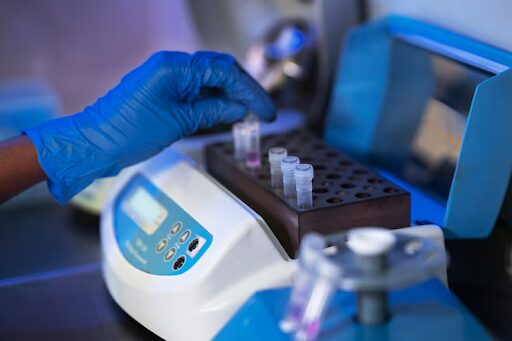Accurate measurements are crucial in every laboratory, whether it is in pharmaceuticals or healthcare. Regular calibration of laboratory equipment ensures instruments and tools remain reliable and give consistent results.
This blog will break down what calibration is, why it matters and how regular lab equipment calibration helps maintain accuracy and safety.
What is Calibration?
Calibration of laboratory equipment is the process which involves comparing instruments to a specific standard and confirming they match and remain within a particular range. Over time, instruments can move due to usage or environmental factors. Calibration brings them back in line with the desired performance.
Why is Calibration Important?
1 – Ensures Accurate Results
Inaccurate data results in incorrect conclusions. Regular calibration of lab equipment confirms that measurements are consistent and remain within specified tolerances.
2 – Maintains Compliance
Industries that follow ISO, GLP, or GMP standards must regularly calibrate their equipment. Calibration of laboratory equipment supports quality audits and regulatory compliance.
3 – Improves Equipment Reliability
Calibrated equipment performs better over time and is less likely to fail. Lab equipment calibration helps detect issues early and reduce downtime.
When Should Equipment Be Calibrated?
This depends on the following:
1 – How often they are used.
2 – Environmental conditions.
3 – Manufacturer guidelines.
High precision tools may require monthly calibration, while others may only need it annually. Always follow your lab plan to obtain accurate results.
Benefits of Calibration
Regular calibration of laboratory equipment offers many benefits, such as:
1 – Increases Safety – Correctly calibrated equipment minimises the risks associated with incorrect readings while preventing potential accidents in the lab.
2 – Cost Efficiency – Avoiding inaccurate results and equipment failures, calibration saves time, resources, and money in the long term.
3 – Increases Measurement Accuracy – It maintains the precision of instruments, reducing errors and improving the reliability of test results.
How the Calibration Process Works
1 – Reference Check – Compare instrument work to a traceable standard.
2 – Adjustment – If required, adjust the device to the correct part.
3 – Verification – Confirm accuracy after adjustment.
4 – Documentation – Record the calibration data and issue certification.
At Techmate, we ensure that all lab equipment meets the standards of accuracy and reliable performance, regardless of the company it comes from. Each supplier tests each product to guarantee long-term usage and compliance with industry regulations.
Calibration of laboratory equipment is crucial for producing accurate and consistent laboratory results. Regular calibration not only maintains measurement precision but also helps support equipment life and increase overall efficiency.
For reliable service personalised to your laboratory needs, trust Techmate. Contact us today to keep your equipment performing at its best.

